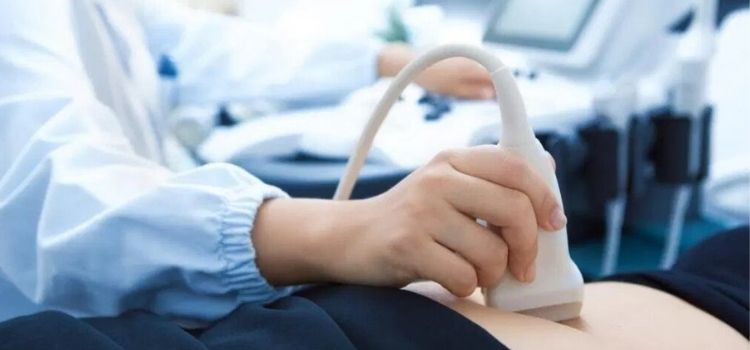IVF is typically a quite safe procedure, with the majority of patients experiencing minor or no health problems or issues. However, it does entail medical procedures that carry some danger when it comes to potential side effects. To assist you, we’ve compiled a list of the potential dangers involved with IVF so you know what to expect.
Lowdown on IVF
IVF treatment is not without risk, but it may be a viable option for couples or individuals who are unable to conceive naturally. The success rate for a live birth is presently around 23%, with under 35s having a 31% chance of conceiving through the therapy. However, the therapy has risks that your IVF clinic in London will work closely with you to manage.
The following are the most important risks to consider:
Treatment side effects
Some IVF treatments do come with the risk of unpleasant side effects and reactions to the treatment, which are generally minor. Headaches and hot flushes are among them, as well as some discomfort at the site of any required injections. Nausea, breast tenderness, mood swings, and tiredness are all typical adverse effects to anticipate.
Ovarian hyperstimulation syndrome
Ovarian hyperstimulation syndrome, or OHSS, is a rare adverse reaction of IVF treatment that can occur if a woman receives sensitivity to the drug she needs to stimulate her egg production. Ovarian hyperstimulation syndrome (OHSS) is a disease in which the ovaries produce too many eggs. It can also cause abdominal discomfort and heart palpitations. Other OHSS symptoms include nausea, shortness of breath, and dizziness. OHSS can generally be treated with hydration and rest, but in very rare circumstances, it might be critical enough to require hospitalization.
Read here : How an IVF process can help
Multiple births
The probability of having two or more children in a single birth is higher with IVF. Double embryo transfers are only suggested for women between the ages of 40 and 42, but those under the age of 40 may be considered if there are no single high-quality embryos to select from. However, twins or triplets are possible if both embryos are transferred. Multiple births can cause problems including gestational diabetes, hypertension, pre-eclampsia, and miscarriage, as well as boosting the chance of a caesarean section rather than natural birth.
Ectopic pregnancy
An ectopic pregnancy is a complication that can occur in women who are undergoing IVF treatment. It’s also possible that an ectopic pregnancy will develop, which is when the embryo develops outside of the womb. Unfortunately, an ectopic pregnancy cannot survive past its early stages, and as a result, it must be removed via medicine or surgery. A follow-up scan will be done six weeks after a positive pregnancy test to verify that the fetus is developing correctly in the uterus rather than in the fallopian tubes. Pain in the abdomen, vaginal bleeding or a black discharge is all possible indicators of an ectopic pregnancy.
Emotional strain
Infertility can be emotionally trying, and the physical strain of IVF therapy may contribute to stress. Parents-to-be searching for assistance to conceive naturally face considerable emotional upheaval. The process of IVF itself is emotionally draining, and the difficulties that come with it can be felt more keenly by a patient who has had trouble conceiving on her own. And, because not every IVF cycle will result in a live birth, the pressure to conceive and the disappointment of an unsuccessful therapy may increase feelings of sadness. If you have concerns about the psychological health hazards of undergoing IVF, or are having difficulties at any point during your treatment, reach out to your fertility clinic for assistance.
